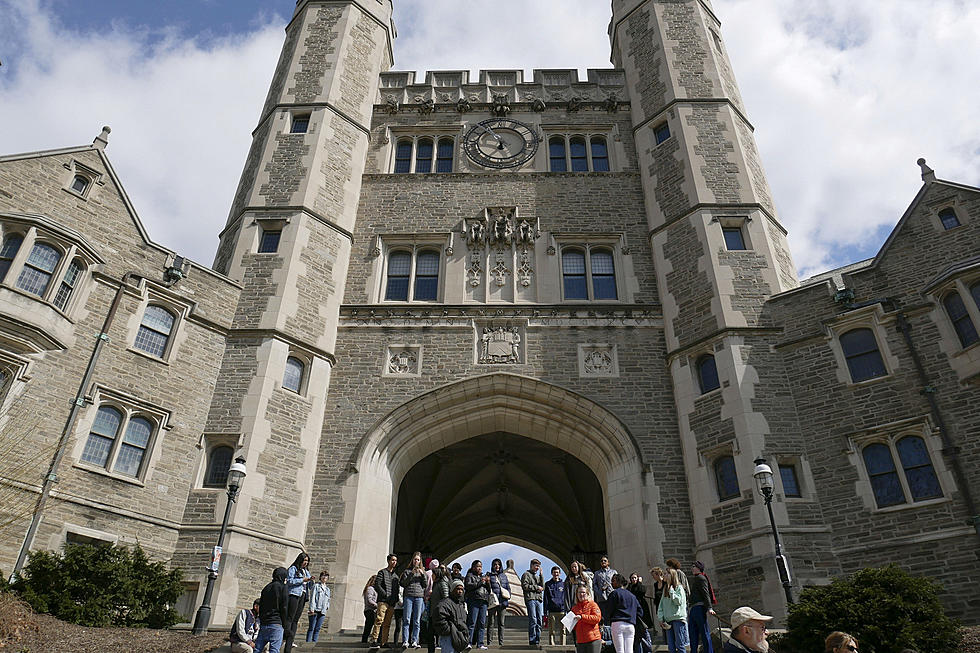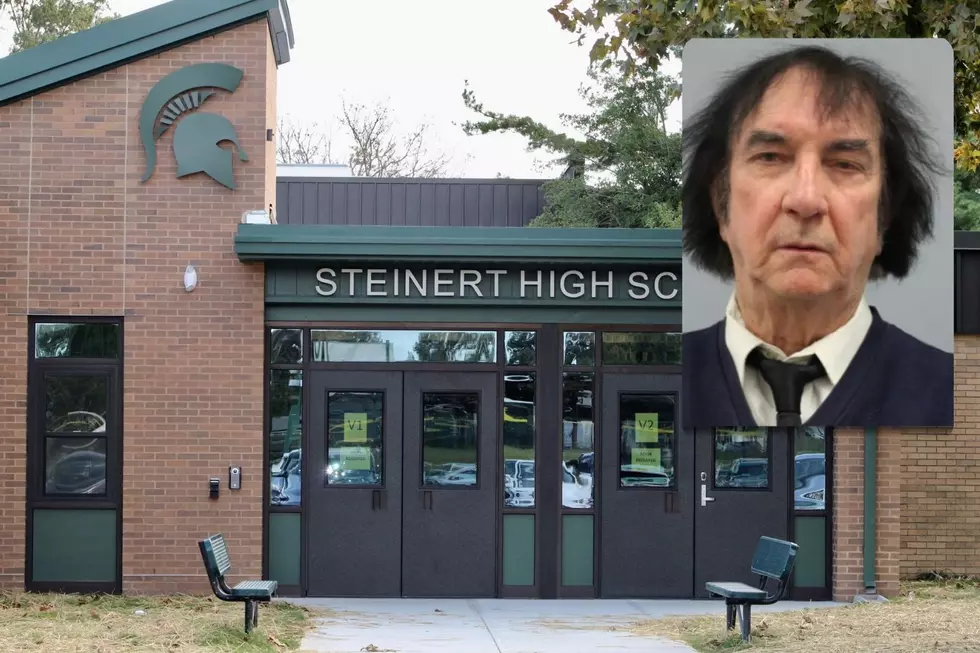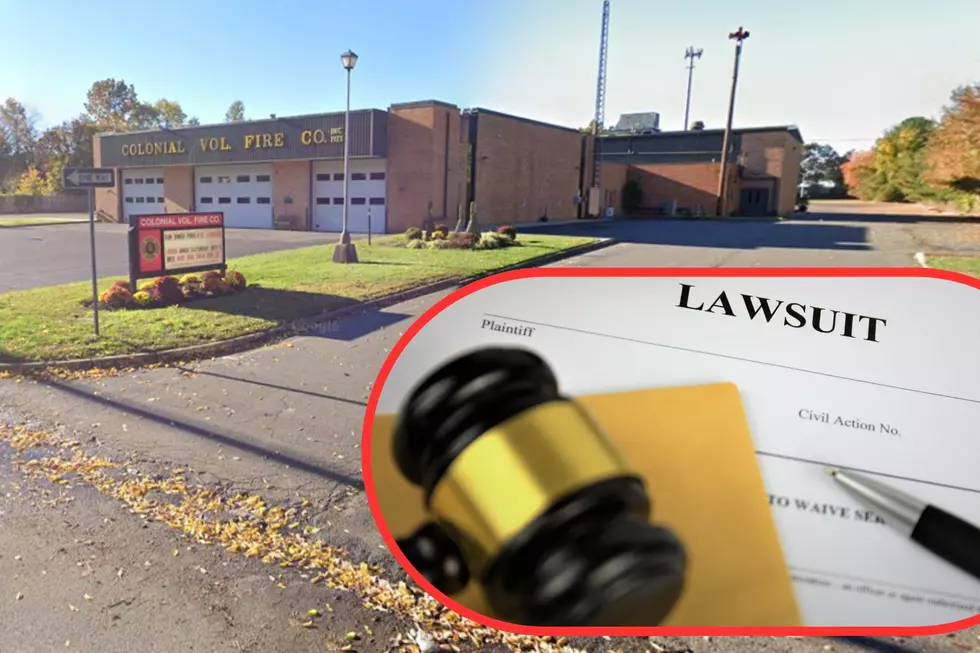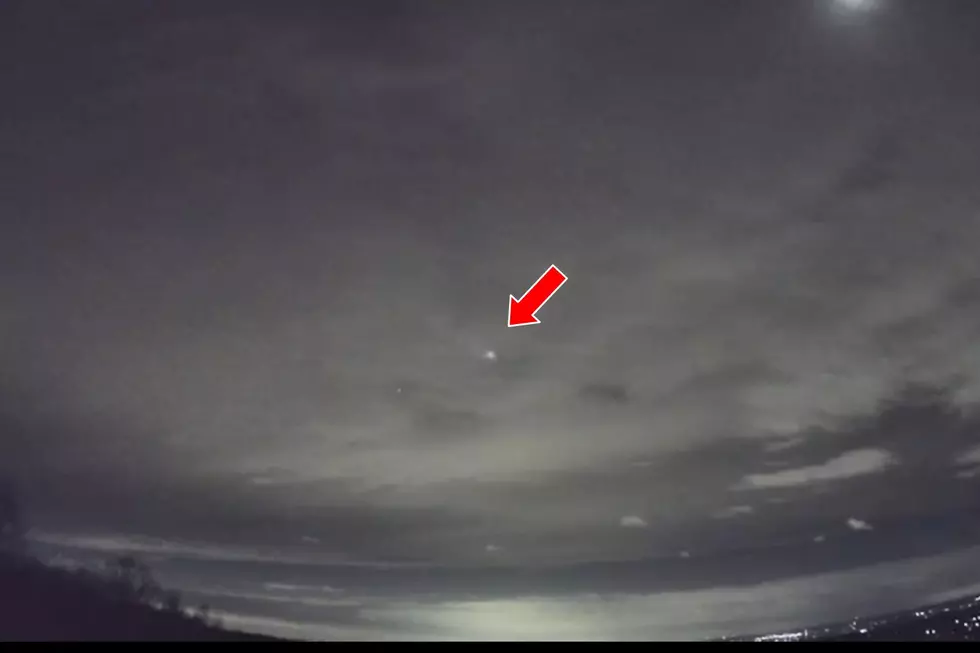
Princeton to require COVID-19 vaccine for fall return to campus
As Princeton University joins the list of colleges that will require students to provide proof of COVID-19 vaccination before they will be allowed on campus for the fall semester, most of the state's private schools have not made a decision
The school joins Rutgers University, which was the first college in the country to announce the requirement, and Farleigh Dickinson University in New Jersey. Unlike Rutgers, Princeton in its announcement said no decision has been made about staff and faculty being exempt.
"The university has not yet decided whether to require faculty, staff, and others working or otherwise present on campus during the 2021-22 academic year to provide proof of having received an authorized vaccine," Princeton said in its statement. "However, the university highly recommends vaccinations for all employees and other members of the campus community.
FDU is not requiring its staff and faculty to take the jab but that could change. The schools created a working group to review the policy.
In New Jersey, several colleges are still considering their options for the fall, although they encourage vaccinations.
"As of now, we are not requiring vaccinations of students or employees. However, if the state mandates it, as they do will the other mandates vaccines, we will comply. We can, of course, take a different stand on the issue depending on CDC and Department of Health recommendations," Rowan University spokesman Joe Cardona told New Jersey 101.5.
Representatives for Monmouth University, Rider University and the College of New Jersey said they have not made decisions about the fall.
Stockton University spokeswoman Diane D'Amico said no decision has been made about the fall but in the two days since all adults became eligible, 8% of students and 25% of university workers reported they have been vaccinated.
The school can not legally ask if anyone has been vaccinated, according to D'Amico, but asked for voluntary reports to keep track of campus activity.
Boston University, Brown, Cornell, Notre Dame, St. John's and Yale are other larger schools requiring incoming students to show proof of vaccination.
Can colleges legally require students to show proof of vaccination?
Robert Fuggi of the Fuggi Law Firm in Toms River said while the waters are largely untested, he believes schools in a more densely populated area like the northeast might be able to get away with the requirement. If challenged, courts could decide decide that the health, safe and welfare of people outweighs individual rights, according to Fuggi.
"I think you're going to see more and more of that and I think it's going to raise some legal issues. Some parents may have an objection to their children getting vaccinated, especially for minors," Fuggi said.
The Pfizer vaccine is the only one currently approved for use by minors over the age of 16.
"I think most of these colleges and universities are going to be leaning toward that way of requiring students to get vaccinated before they come on campus," Fuggi said. "I think there's going to be other limitations too for travel as we've seen already. It's raising a host of legal issues that quite frankly has not been litigated on yet."
NJPAC in Newark announced that it will require proof of vaccination or a negative test to attend its concerts this summer while the New Jersey Festival of Ballooning said it would consider having a separate entrance for those who have been vaccinated.
Contact reporter Dan Alexander at Dan.Alexander@townsquaremedia.com or via Twitter @DanAlexanderNJ
2021 guide to beach badges in New Jersey
COVID vaccines: 17 myths, misconceptions and scientific facts
More From New Jersey 101.5 FM









